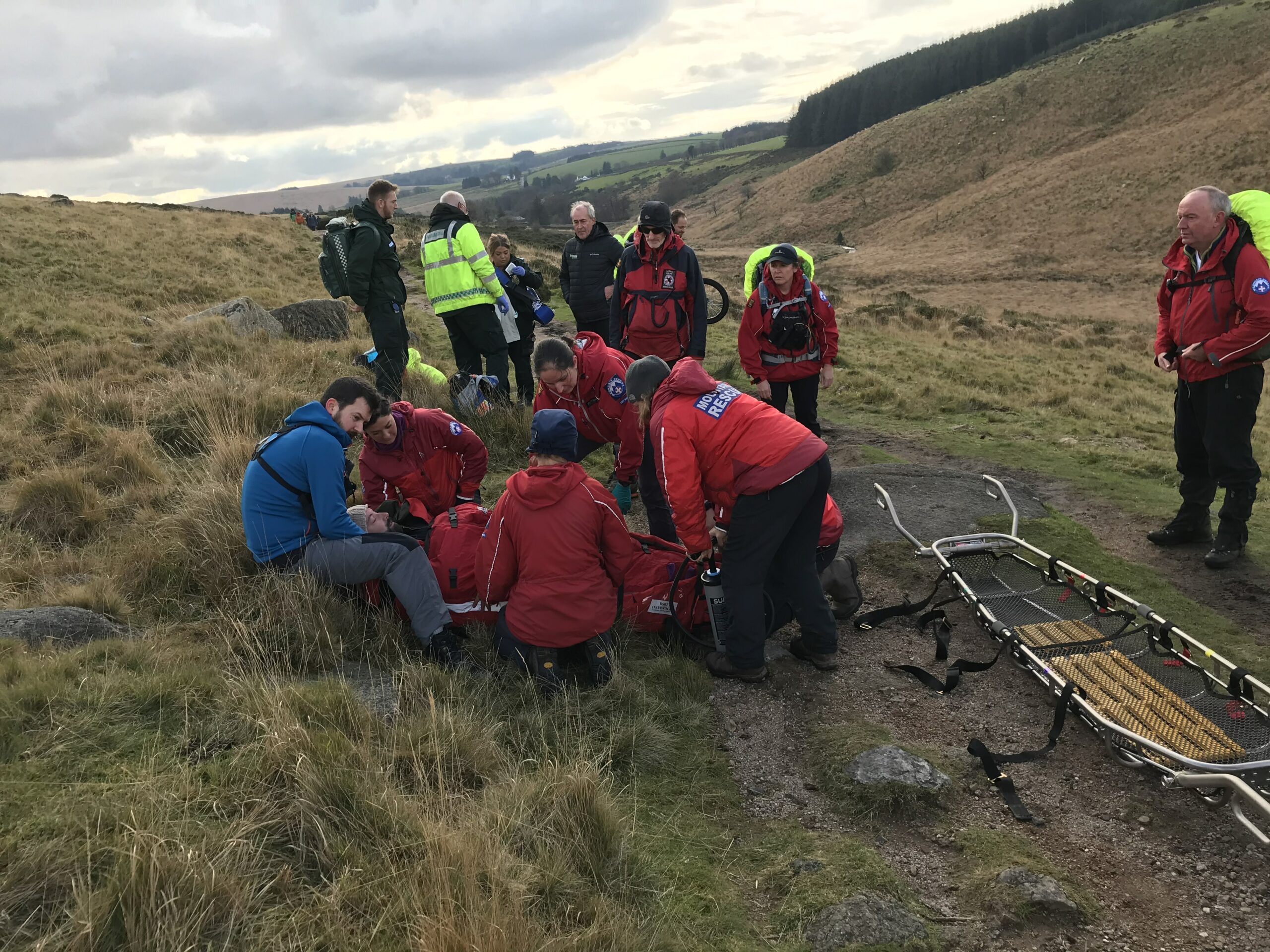Seven steps to help restart your acting career after taking a break from performing.
Whether planned or unplanned, chances are you’ll have a break in your performing career at some point. If you’re reading this, you’re likely in one right now and want to dive back into the fray.
Coming back to acting, singing or dancing is an exciting time, but it can also be overwhelming as it can be hard to know where to start, what to prioritise or what direction to go in next. While everyone’s journey back into the performing arts is unique, there are some universal steps you can take to get clarity on your new career goals and start moving towards them.
Seven Steps to Successfully Come Back From a Career Break
1. Make a Career Return Plan
Returning from a career break will take time and dedication, especially if you’ve been out of the loop for a few years. A plan is a helpful framework to keep you on track. You may want to give your plan a specific name to reflect your current aims.
Unsure where to start? The other six steps in this article can also form the foundation of your Career Return Plan tasks.
An effective plan contains smaller, short-term tasks that move you towards your ultimate goal. Setting deadlines for these tasks will help you track your progress, while regular reviews allow you to adapt your plan.
Most importantly, your plan should include time for relaxation. Making time for restorative activities will give you resilience when you encounter setbacks.
2. Reflect on Your Break
Before you start the practical steps of returning to acting, it’s important to reflect on why the break happened, what the emotional fallout was (if any), and why you want to return now.
Was your break planned or unplanned? Was it for practical or emotional reasons? Did you need to prioritise other responsibilities? Write down everything that contributed to your break and how you can either mitigate them or account for them moving forward. Your life circumstances may have changed dramatically, so make sure you’re not limiting yourself with your pre-break expectations.
You may have negative emotions attached to your career break. For example, it may have been caused by a toxic work environment or unexpected life events. It’s important to work through these emotions and make peace with the past. Journaling about what happened or talking things through with a loved one or therapist can help you process these emotions.
To be clear, having emotional fallout from your break doesn’t mean you can’t take practical steps for your career right now – but ignoring it could prevent you from reaching your full potential.
Lastly, reflect on why you want to come back now. Do you have new found clarity about where you want your career to go? Have you shifted your energy or perspective on the industry and your place in it? Do you simply miss performing? Knowing why you want to return will help you choose meaningful goals for your career and anchor you if you feel conflicted over what you want.
3. Decide What Work You Want to Do
What work would you do forever if you could? This can be a specific medium like TV, voice acting, theatre, etc, or a specific genre like comedy, drama or farce. This doesn’t mean that, in practice, this is all you’ll do, but having a clear vision of what you want will make your goals more specific and inform your Career Return Plan tasks.
Take time to research your ideal work. What audition opportunities are currently out there? Which casting directors will you need to reach out to? If you had an agent before your break, are they open to taking you back on as a client? This will give you clarity on what work is out there, who’s radar you need to be on, and what support you have or may need.
It’s also good to clarify what you don’t want to do. These are your non-negotiables. Your reasons can be practical, such as avoiding touring if you have young children, or personal, like finding some work uninspiring or unenjoyable. This will help set boundaries so you don’t end up in jobs that make you question your comeback.
4. Assess and Refresh Your Skills
Skills are the key to our employability, so take stock of your current skill set. What do you excel at? Is anything a little rusty? Does your Spotlight profile list all the specialised skills you have and how proficient you are at them?
Next, look at your Career Return Plan and research the skills needed for the work you want. You can do this by researching and reading about that part of the industry. Look at castings to see what’s asked for and watch relevant work to assess the skills required.
List any skills you need to refresh or learn and add them to your Career Return Plan. Many drama schools offer short courses, and institutions like The Actors’ Guild, Just Add Milk and The London Actors Workshop offer one-off workshops and classes. Spotlight also hosts free webinars for members on a range of topics and skills.
5. Review Your Spotlight Profile
It’s time to look at your number one promotional tool: your Spotlight profile.
If you cancelled your Spotlight membership to go on your break, you’re in luck. It won’t have been deleted! All the information will have been stored, so you just need to sign into your profile and reactivate your membership to make it live again.
Review your headshots, showreels and voice reels. You probably won’t be able to replace everything immediately, but you can ensure what’s there is showcasing you in the best possible light. Start by removing anything that negatively portrays you and your skills. If there’s anything you want to replace at some point, set yourself a target time to update it.
You can also audit your past roles and how your credits appear. Use the tab function on your Spotlight profile to organise your credits and make your most relevant ones more prominent.
Add any new skills you’ve acquired to the ‘Skills’ section and remove or adjust the proficiency level for any you’ve not practised for a while. Also consider adding a clip or photo of you demonstrating your new skills.
6. Network with the Performing Arts Community
Networking can feel daunting, especially after an extended break. Start small by reaching out to friends in the industry, colleagues you’ve worked with before, course alumni from drama school or acquaintances from other programmes and courses.
Broaden your network by attending classes and events or going to showcases. Even attending parties thrown by actor friends can be a low-stakes way to meet other professional performers. You never know who could help you progress your career, so be open to conversation. Networking is about give and take, so be willing to offer your support if it’s needed.
Once you’ve built your confidence, reach out to casting directors and other industry professionals. It might be a good idea to start with people you have an existing relationship with so you have a reason to get in touch. Perhaps you’ve auditioned for someone before, attended a talk by them or really love a production they put together. Strike up a conversation, during which you can let them know you’re back and ready to work. If you choose to mention your break, focus on what you learned, gained or achieved, either professionally or personally, during that time.
Spotlight has a handy index of casting directors referencing advice they’ve shared for performers. It’s a good resource if you want to understand their casting process or how they may prefer to be contacted.
7. Find Strategies to Combat Self-Doubt
Hopefully, you’re feeling excited about your triumphant return to the industry, but everyone feels self-doubt about their career at some point. It’s important to combat this when it strikes.
One way to face your doubts head-on is with practical solutions. For example, if you’re worried about your skills, make time to practice or invest in a lesson or class. List all your self-doubts and brainstorm proactive steps to mitigate or improve them. If you feel you need professional support then Spotlight members have access to Wellbeing in the Arts as part of their membership, so you could reach out for some coaching or counselling.
Reconnecting with your creativity in a fun, slow-stakes way is great for soothing self-doubt. Explore beloved pieces from your repertoire, engage in creative hobbies like writing or playing an instrument and watch shows you find engaging to help get you out of your head and plugged into your inner artist.
Another essential strategy is surrounding yourself with supportive people. Trusted friends and family can build you up when you’re knocked down or hold space when you need to forget about the industry for a while. Colleagues who’ve had a career break themselves may be better able to offer advice and comradery.
Deciding to dive back into the industry is a courageous choice and you should commend yourself for getting back on the horse. With these steps in mind, your first job of this chapter in your career will be right around the corner. We wish you the best of luck!


















